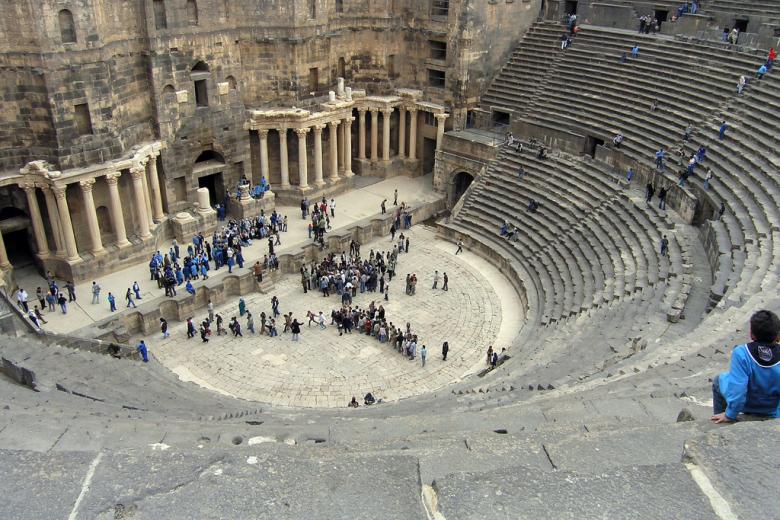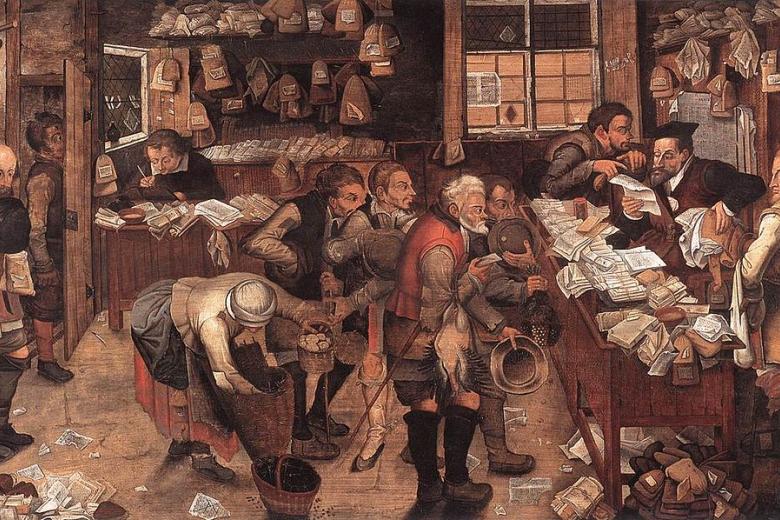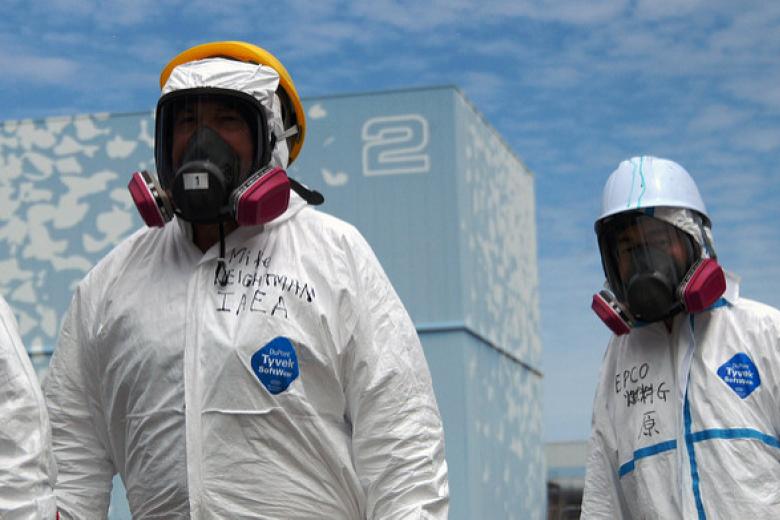Curriculum LAW Master International Laws 2019-2020.pdf
(268.98 KB, PDF)
… legal system and the nature of international legal obligations). Students thus learn what international law can and cannot regulate; who has the capacity to breach international law; where an international legal obligation is derived from and when is it breached. This course is conceptual in nature and is not primarily concerned with substantive subfields of international law, such as international trade law, international criminal law, international humanitarian law and international human … sale of goods transaction, which is then used to explore a number of other related issues, such as the carriage of goods, third party relationships and payment. In the first part of the course, we pay attention to the rights and obligations of buyers and sellers in international sales contracts, with a particular focus on the 1980 United Nations Convention on Contracts for the International Sale of Goods. The course then shifts its focus to contracts for the carriage of goods. This part of … does multi-layered decision- making take place; how has national constitutional law evolved under the influence of EU law; how may we perceive ‘European’ democracy in the light of national states and democracies and how to assess the option of dual legitimacy. The course has therefore a vertical approach (EU- national member- states), as well as a horizontal perspective, looking into the impacts and practices in a few national constitutional systems. The course focuses on the present state of …





